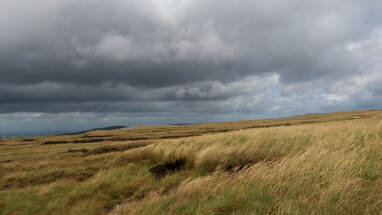 Toward Cross Fell
Toward Cross Fell To Cross Fell, buffeted by winds with gusts of 50 mph. Helmeted in waterproofs, over tussocks and squelching in bog, over moorland wastes. A brisk pace to keep ahead of the worst of the weather. Louring banks of deep-bruise cloud as we climb, a fleeting eerie light below us. With scant light and strong wind our band keeps close. Sunlight streams over moorland grasses, and is gone. Our tussock-way over the moors is soft-rough which suits me. The ground sodden and dark, mosses and quaking bog. Light is in the welkin. Welkin, wolcnum- the inky skies above us. Unwritten skies. Look, listen, learn and recite. An oral tradition. Old English poetry alliterates, making it memorable. Weather like this both bonds and isolates. We keep close but within a sheltering hood words are lost on the wind. A stone shelter on Cross Fell and a hasty lunch. The wind so fierce I can scarcely stand to take photographs. So cold we don all our clothing and head down off the summit. Not a moment too soon. Cross Fell is lost in cloud, in clag. Clag - the dialect word for saturated air that streaks and smears spectacles, soaks the mosses and makes moorland mire. Clag above us and beneath our feet, of Norse origin. Harsh and monosyllabic, don't waste your words in this wind- no-one can hear you.
Cloud and clag, both are enveloping. Thrilling when Cross Fell is lost to cloud and seems insubstantial. When elements of water, air and earth fuse into one.
Wod under wolcnum, Grendel striding out beneath the clouds.
Striding out of dark cloud sweeping over Cross Fell, fierce in the wind, following us off the fell, ripping at us as we pick a way down between rock and grass, steep and slippery-wet, glasses clarted with clag and Cross Fell weather. The summit of Cross Fell engulfed in mist that seems to flow down in pursuit of us. I have been here before, many times in wild weather. Wod under wolcnum, going forth under threatening skies. Anglo- Saxon weather and the darkness of night is hostile and two days later as I write it's raining still. When is it not raining this summer. Autumn begins on 1st September with a forecast of heavy downpours.
A sudden gust catches me cleaning the clag off my glasses and topples me in a tangle of walking poles.
For two days, my shoulders remember that battle with the winds, and I picture Grendel’s torn-off limb displayed in triumph over the door of the hall Heorot.
Beowulf, an Anglo-Saxon poem recited in England some time between 650-980 AD. The language is known as Old English. The story harks back to earlier times, telling of the heroic Scandinavian warrior Beowulf who saves the Danish King Hrothgar from the marauding Grendel. The poem was passed on through recitation, an oral tradition. The only surviving manuscript is late 10th century. Beowulf begins and ends with funeral rites that accord with archaeological discoveries made at Sutton Hoo in the mid 20th century.
In the grip of Anglo-Saxon after an inspirational Word of Mouth programme, with Professor Andy Orchard. The clouds on Cross Fell seemed made to illustrate the Anglo Saxon masterpiece, Beowulf. ---
Footnote
CLOUD Superseded Old English wolcen ( See Beowulf line 710 - 715 Wod under wolcnum ( plural).) Cognate with welkin. Superseded by Middle English sky. Cloud signifies both atmosphere and rock or hill, so when they're indistinguishable the word cloud serves for both.
CLAG dialect. From the Danish word meaning mud. To clag- to clot, to clart with anything sticky
Lines 710 - 715 the Anglo Saxon poem Beowulf. The poet conjures Grendel stalking over the moors to threaten their King Hrothgar and his band of warriors. Grendel, who bears the mark of Cain the first murderer. The outcast who cannot bear to hear the laughter and merriment of Hrothgar's band. In Old English the word man signifies both mankind and sin. Pronunciation distinguishes them, perhaps.
I recommend
Radio 4 Word of Mouth, Miichael Rosen and guests. Anglo Saxon
Anglo-Saxons, Sutton Hoo and Beowulf anon, with Janina Ramirez
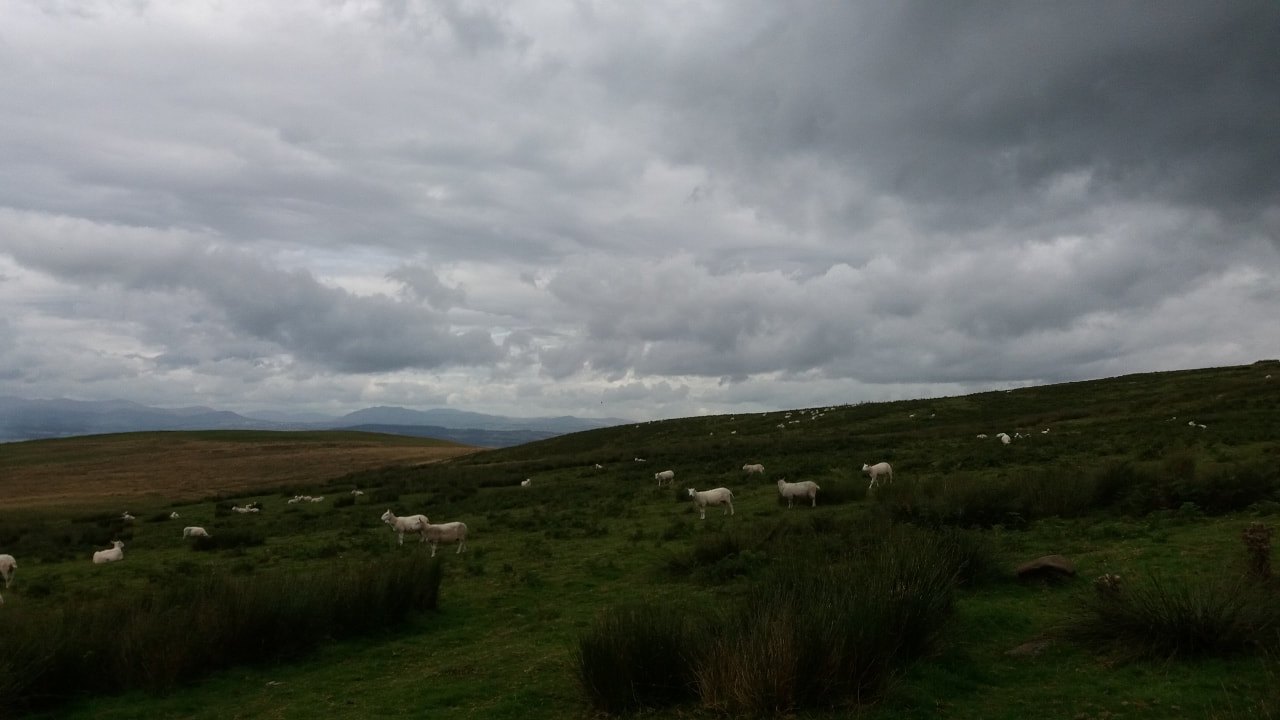
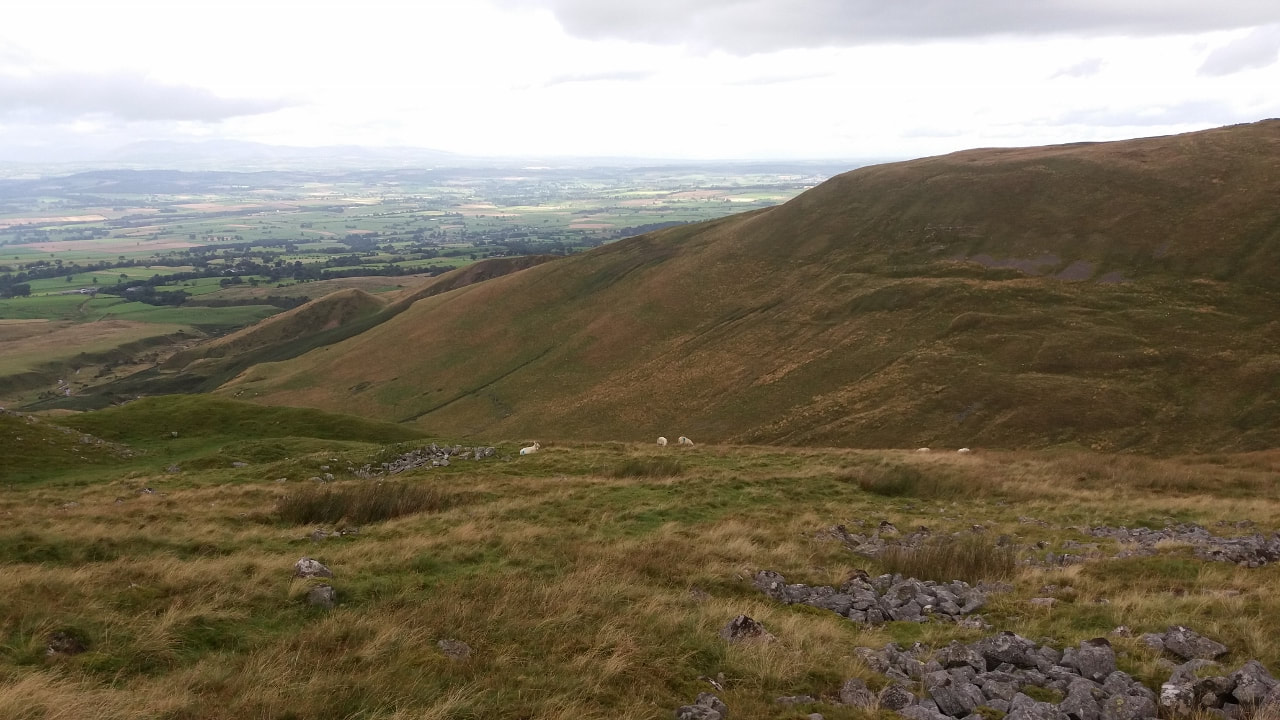
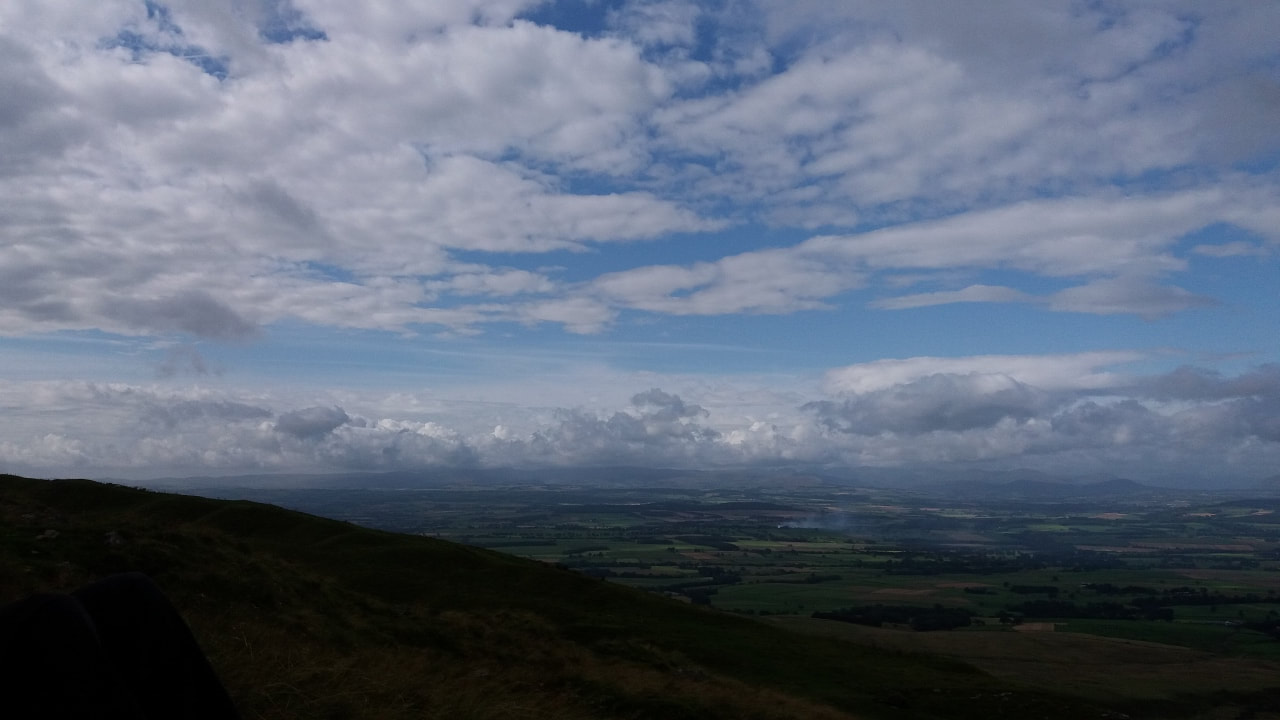
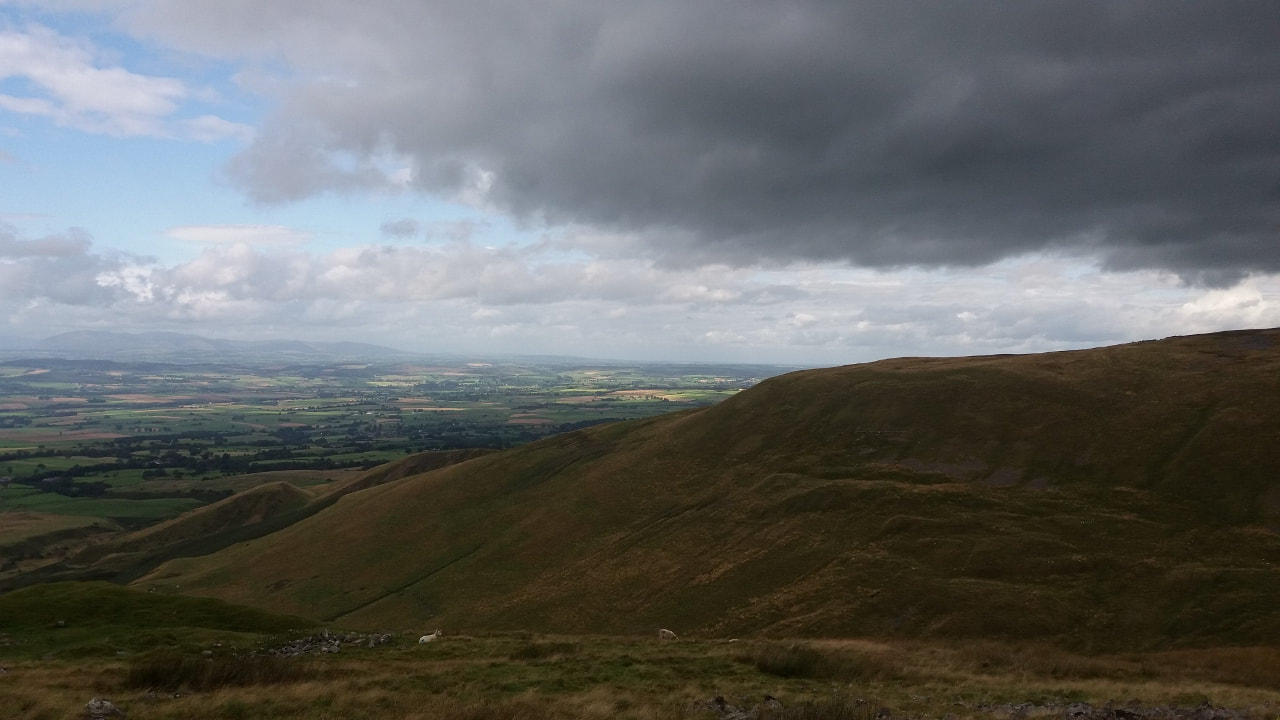
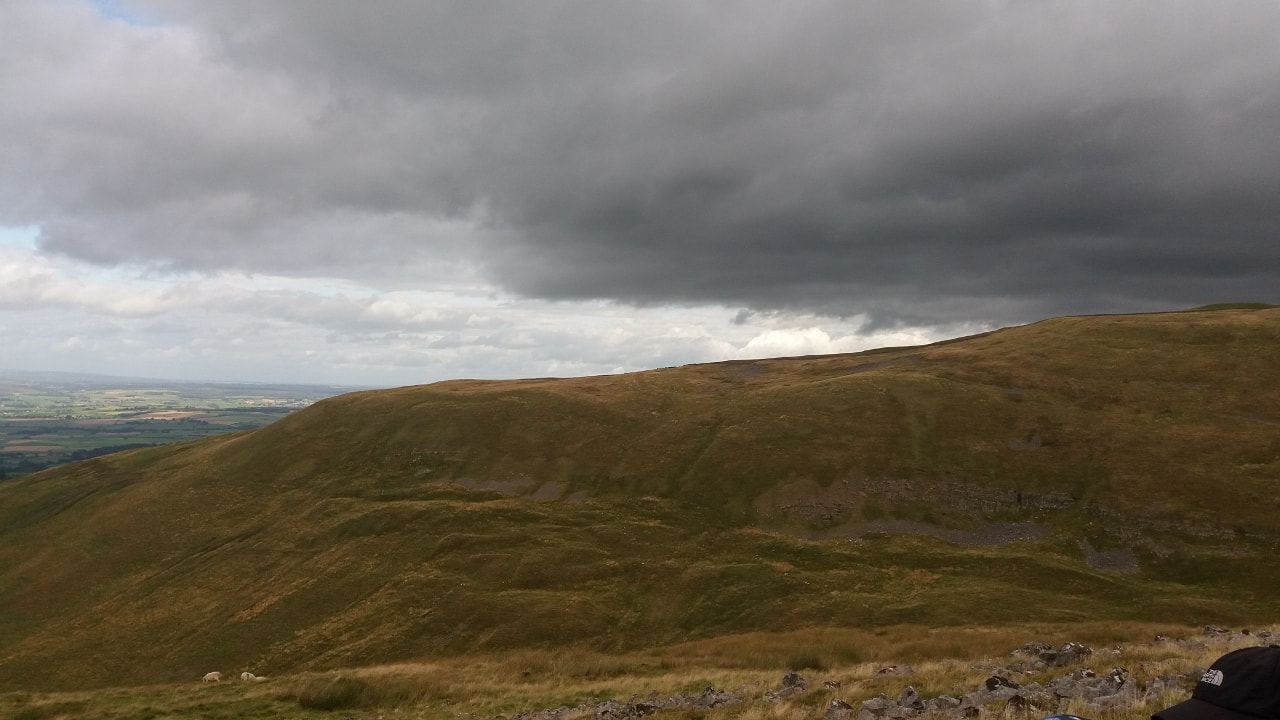
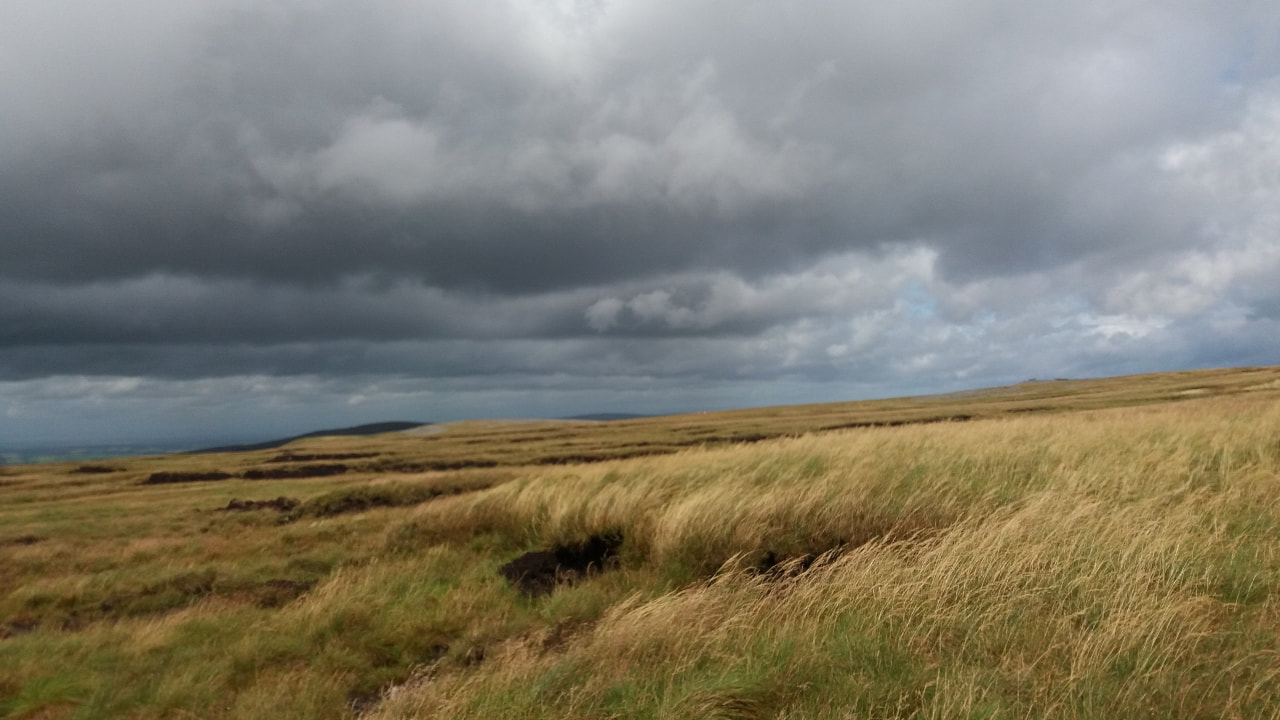
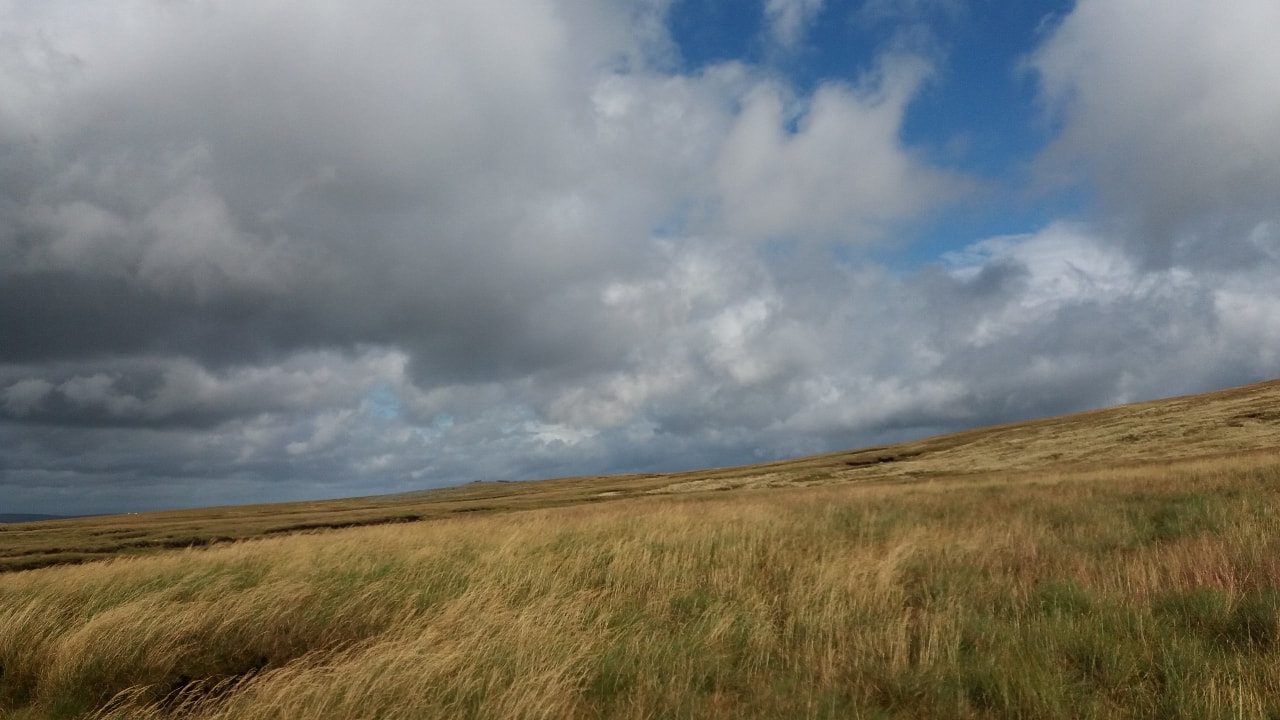
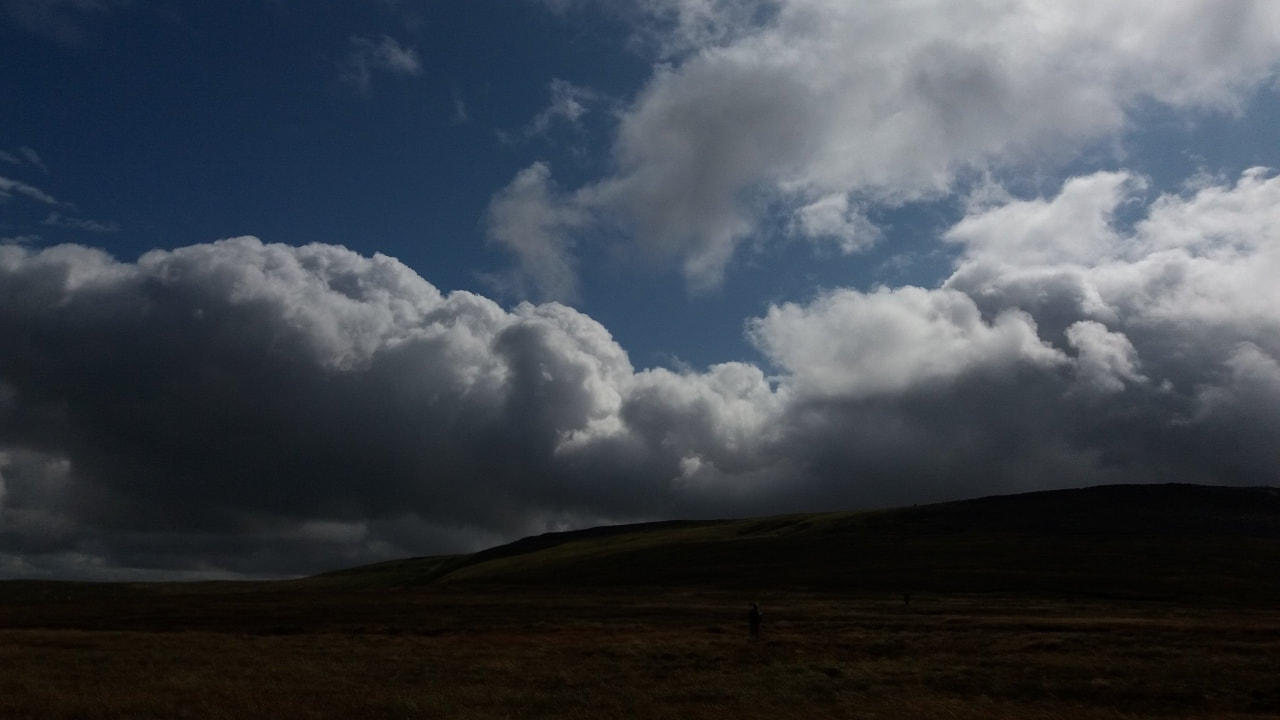
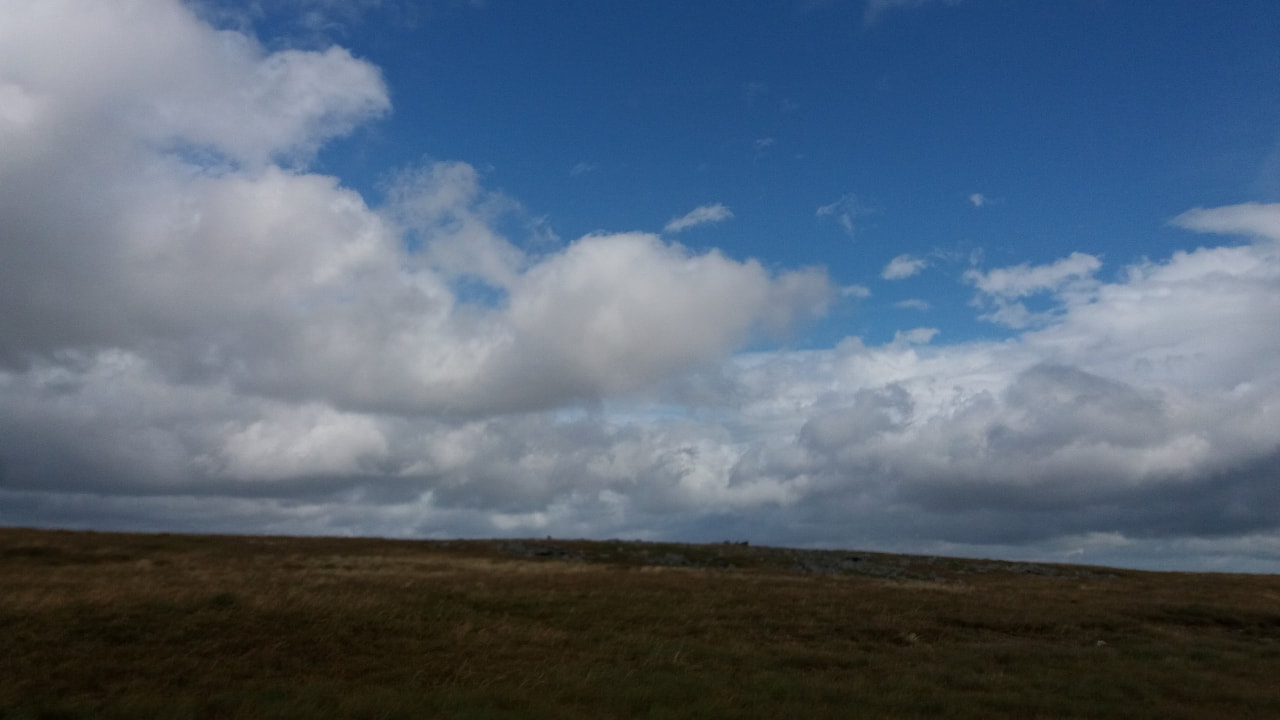
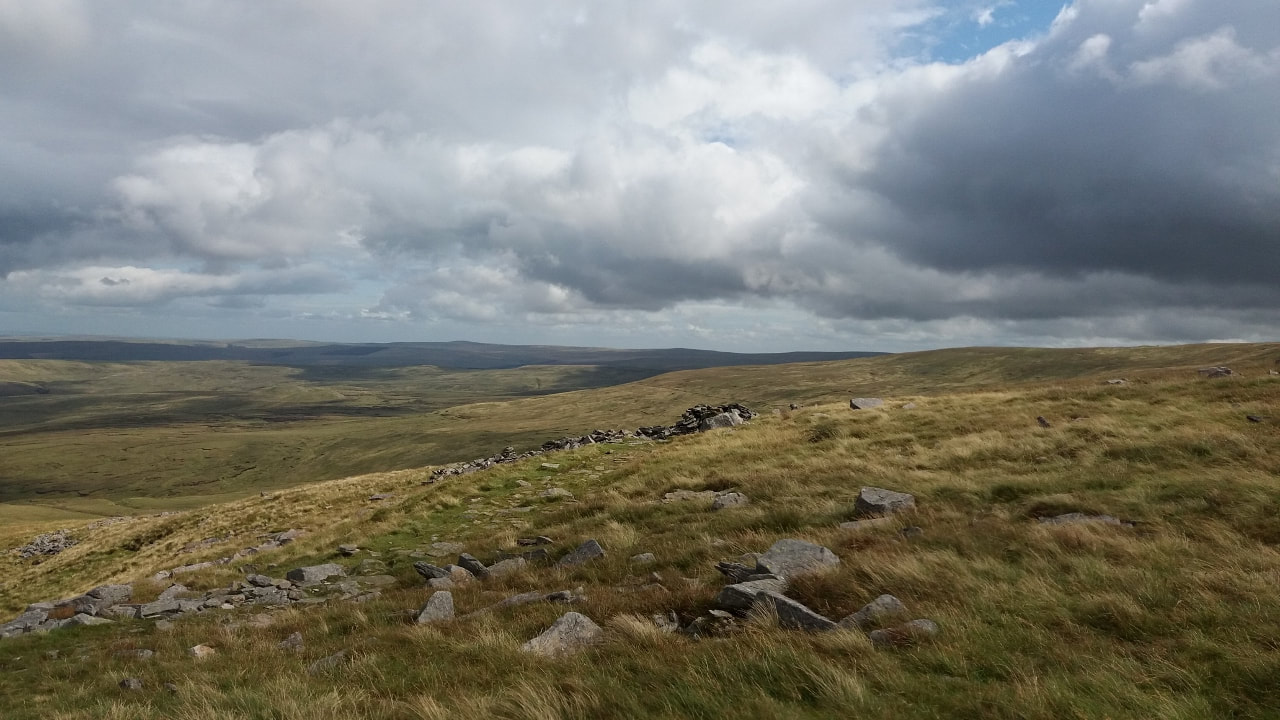
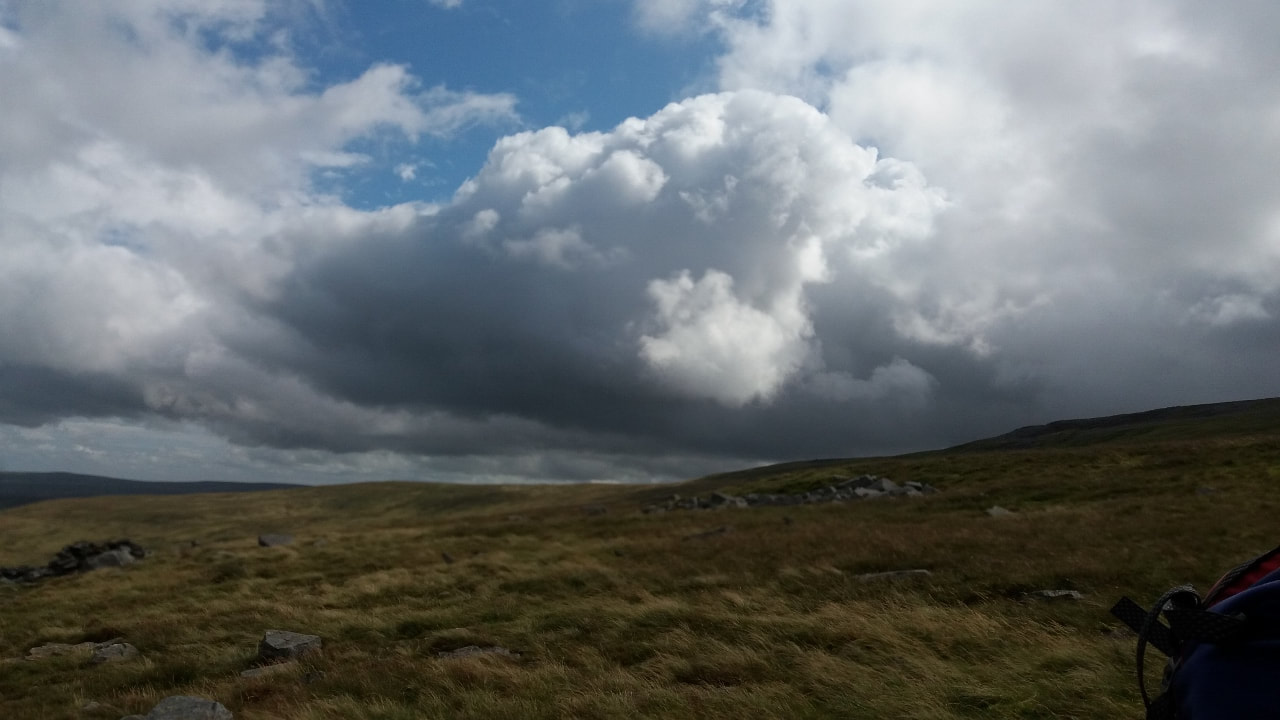
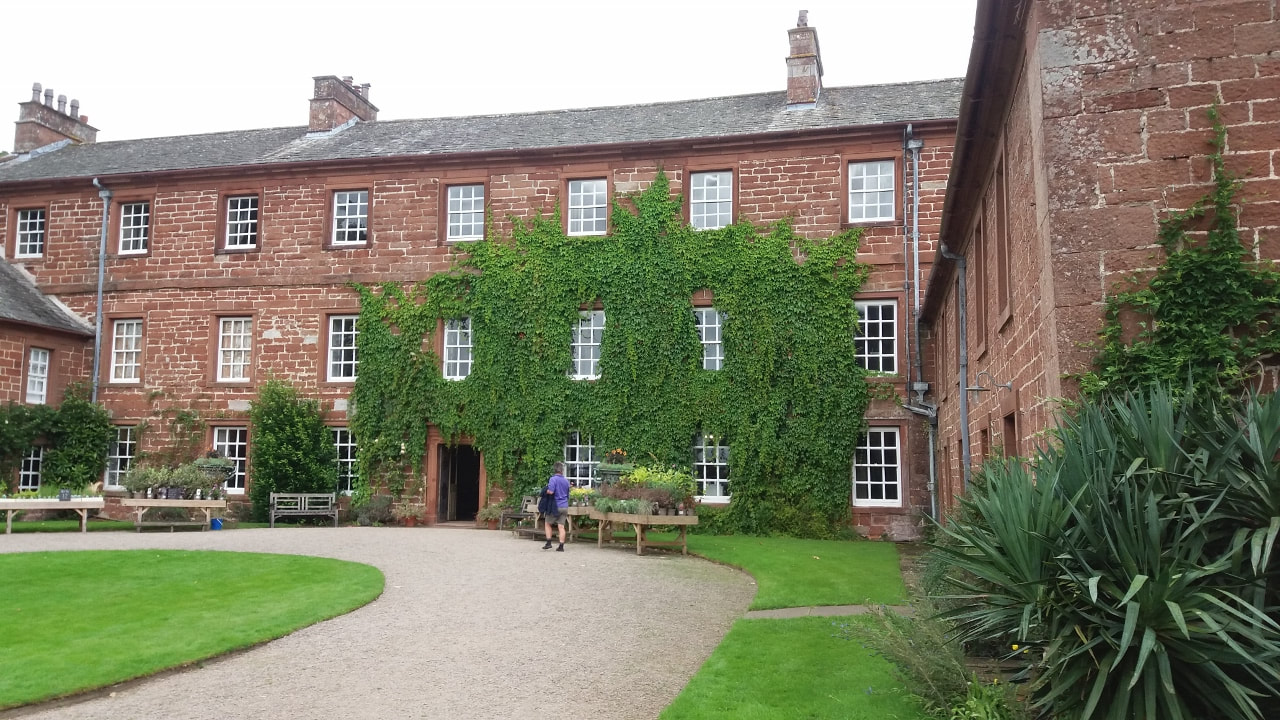
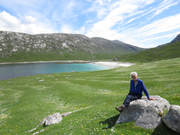
 RSS Feed
RSS Feed